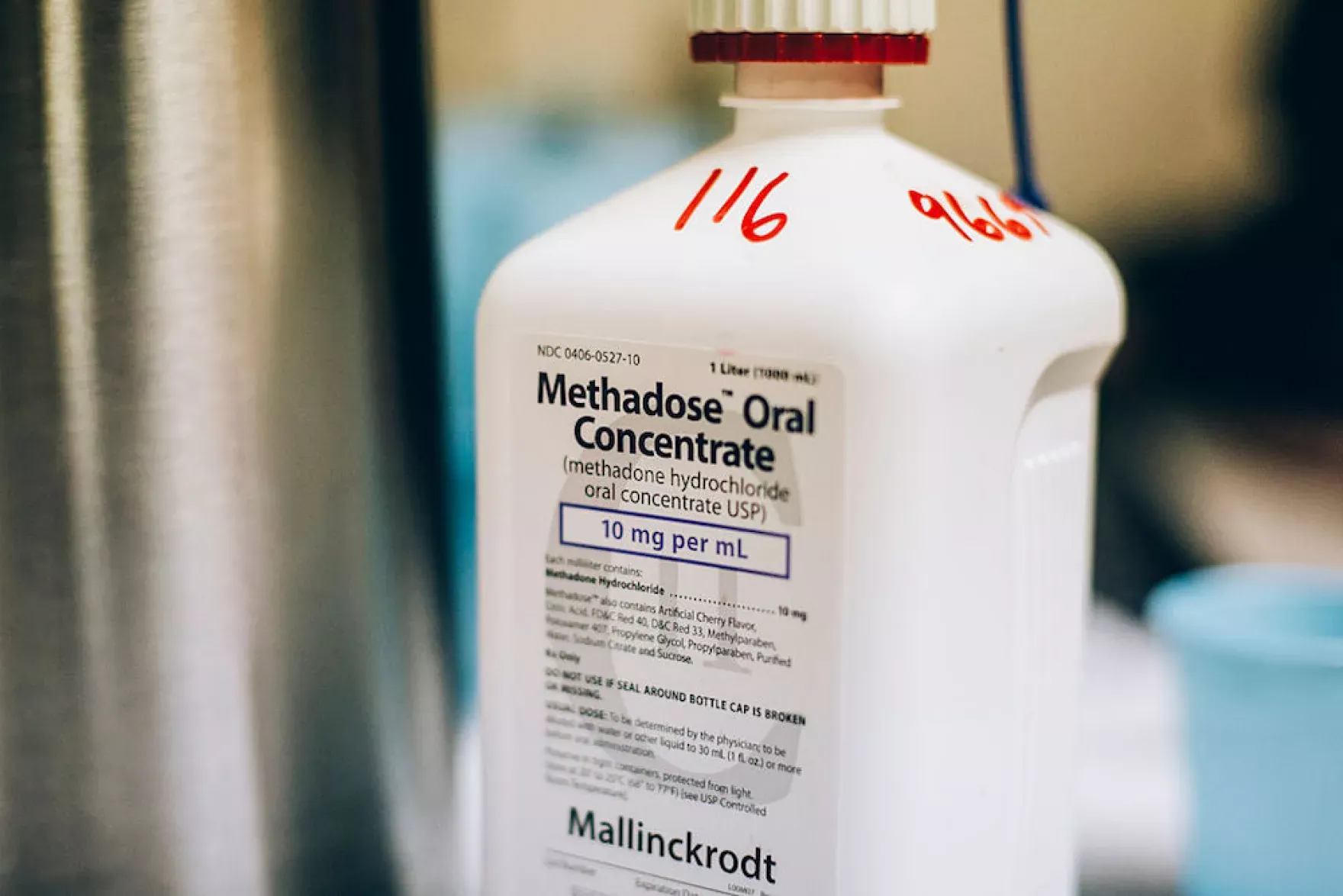The upcoming month will see the implementation of the first major update to U.S. methadone regulations in two decades. This update has the potential to increase the availability of the life-saving drug, including in Alabama. However, experts warn that the effectiveness of these addiction treatment changes will depend on the proactive efforts of state governments and methadone clinics.
For years, individuals receiving methadone treatment were required to go to specialized clinics every morning to consume their daily dose of the liquid medication while under supervision. These regulations, based on a lack of trust towards those struggling with opioid addiction, aimed to prevent overdose and the unauthorized distribution or sale of methadone.
“This step signifies a positive shift in the nation’s attitude towards accessible healthcare,” Walden remarked. “Individuals no longer need to physically visit a healthcare facility every day in order to obtain life-saving medication.”
Methadone is classified as an opioid and can pose risks when consumed in excessive quantities. However, when used appropriately, it effectively curbs drug cravings without inducing a euphoric sensation. Extensive research has consistently demonstrated its ability to lower the likelihood of overdose as well as the transmission rates of hepatitis C and HIV. It is worth noting that methadone can only be prescribed for opioid addiction within the confines of the country’s 2,100 authorized methadone clinics. These clinics cater to approximately 500,000 patients across the United States on any given day.
The new federal regulations now permit stable patients to receive a 28-day supply of methadone to take home. Several states, such as Colorado, New York, and Massachusetts, are already in the process of updating their guidelines to align with these more flexible rules. However, there are still some states, including West Virginia and Tennessee, which have not made the necessary changes, despite having the highest drug overdose death rates in the nation.
Clinics in Arizona now receive $15 per in-person dose from the state’s Medicaid program, which is significantly higher compared to the $4 per take-home dose. The state is currently exploring different options to address this disparity, such as equalizing the payment amounts or implementing a bundled payment model that takes into account the overall cost of treatment.
In New York, the Medicaid program follows a bundled payment model, which means that there is no financial motivation for administering medications in person.
A movement is underway to “liberate methadone” from the limitations that have been placed on its use. The methadone clinic system was established in 1974, when the United States was experiencing fewer than 7,000 overdose deaths per year. However, with the current annual overdose death toll surpassing 107,000, some long-time patients are advocating for change. They are calling for legislation that would permit addiction specialist physicians to prescribe methadone and for pharmacies to be able to fill those prescriptions.
Tennessee officials have drafted new rules that are even stricter than those set by the federal government. Under the state’s proposal, there would be an increase in random urine drug screening, mandatory counseling for many patients, and a requirement for clinics to hire pharmacists in order to dispense take-home doses.
Clinics in states that adopt the federal rules may face significant challenges in implementing these changes, according to experts. Leaders of some clinics may have reservations about the patient-centered approach underlying the changes. They may also be concerned about the legal implications that come with making judgment calls on who can safely receive methadone treatment at home.







Leave a Reply